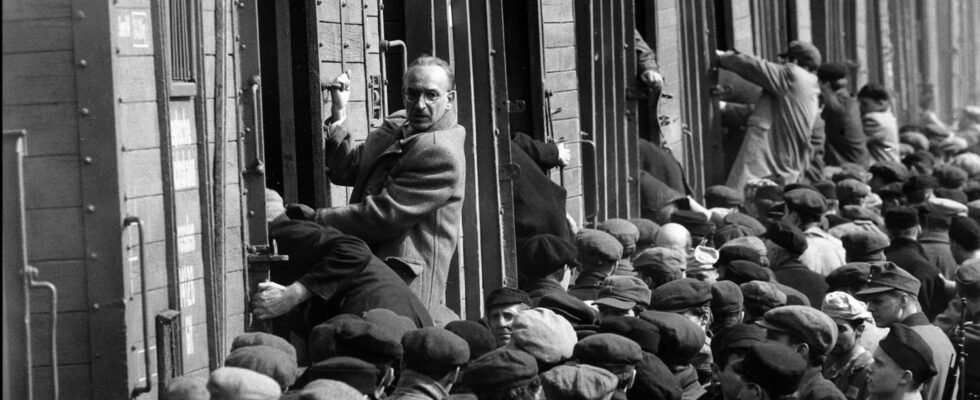This week you can see on TV a cinema masterpiece released more than thirty years ago. Particularly moving, it is a film that you must have seen at least once in your life.
There are many moving works and great cinema classics that you must have seen at least once in your life. This is the case of this feature film, released in 1993 and which looks back on a dark part of international history. Directed by Steven Spielberg, it traces the true story of a German industrialist who arrived in Poland in the 1940s. This dive into the heart of the horror of the Shoah, (almost) entirely filmed in black and white, retraces the journey of this man full of contradictions and ambiguity, who ends up becoming aware of the horror unfolding before his eyes before, finally, acting.
This film is obviously Schindler’s List. The real Oskar Schindler, played by Liam Neeson, has become a Righteous One. It is estimated that he managed to save around 1200 Jews from death in the Plaszow concentration camp. This historical drama, in which we also find a moving Ben Kingsley and a terrifying Ralph Fiennes, is also in the Top 100 of the American Film Institute and is in sixth place in the ranking of the best films of all time on IMDB.

Schindler’s List is a moving film (how can we forget the sobs of the protagonist who collapses, believing that he could have “saved so many more”?) which had real critical and popular success. It also won seven Oscars (including Best Film and Best Direction), three Golden Globes and seven BAFTAs.
Nevertheless, Schindler’s List also sparks controversy through a complex issue : can we, and should we, represent a horror such as the Shoah in cinema ? Claude Lanzmann, director of the edifying documentary Holocaustwill launch the debate in Le Monde on 3 March 1994. And will openly attack the film : “how [Spielberg] can he tell what the Holocaust was by telling the story of a German who saved 1300 JUives, since the overwhelming majority of Jews were not savede ” He will accuse Hollywood of making such a historical event trivial, “thus abolishing the uniqueness of the Holocaust.”
Steven Spielberg reacted in the columns of Le Monde in 1998 by affirming that “no film, and I include Schindler’s List in the lot, no documentary, even Holocaust by Claude Lanzmann, cannot adequately account for what the Jewish world in Europe endured, and what it survived. My feeling is that I had to talk about it, at least try.” If the debate is not definitively settled, we cannot deny that we must continue to view these works, 80 years later, at least to avoid not to forget and not to reproduce the horrors of the past. Schindler’s List is broadcast on television Monday January 20, at 9:05 p.m. on France 3.
